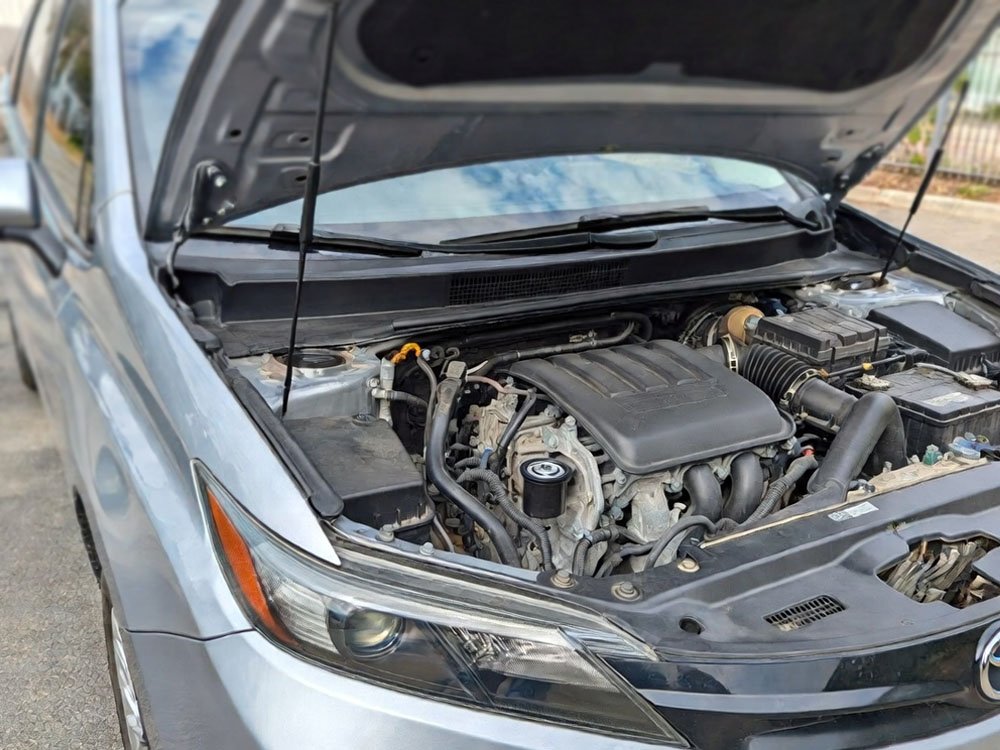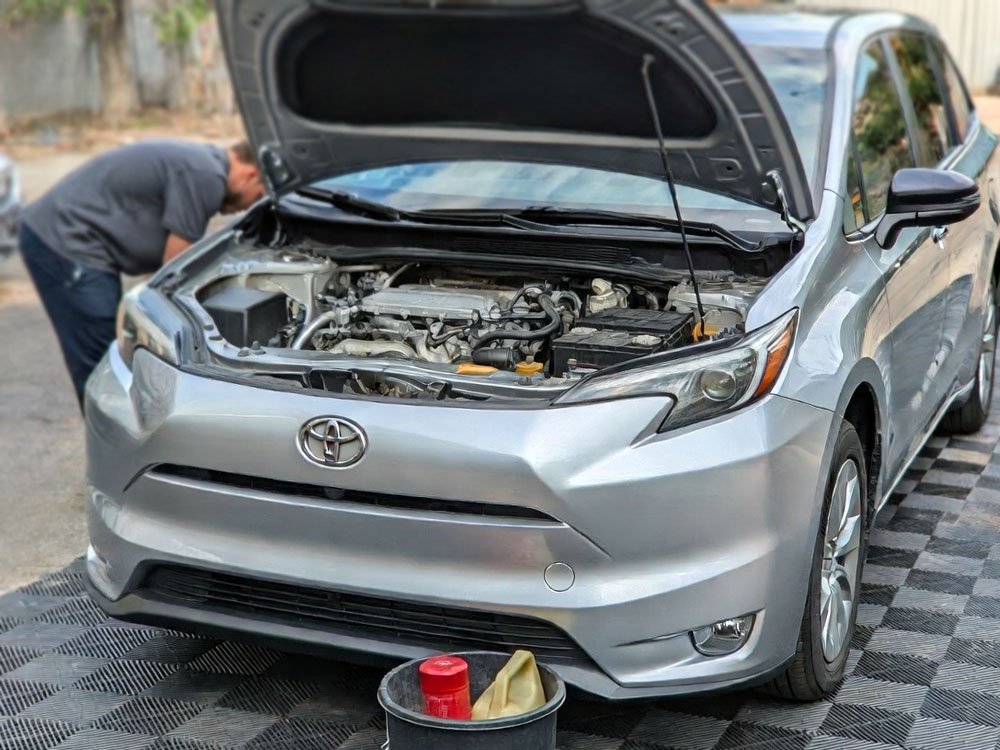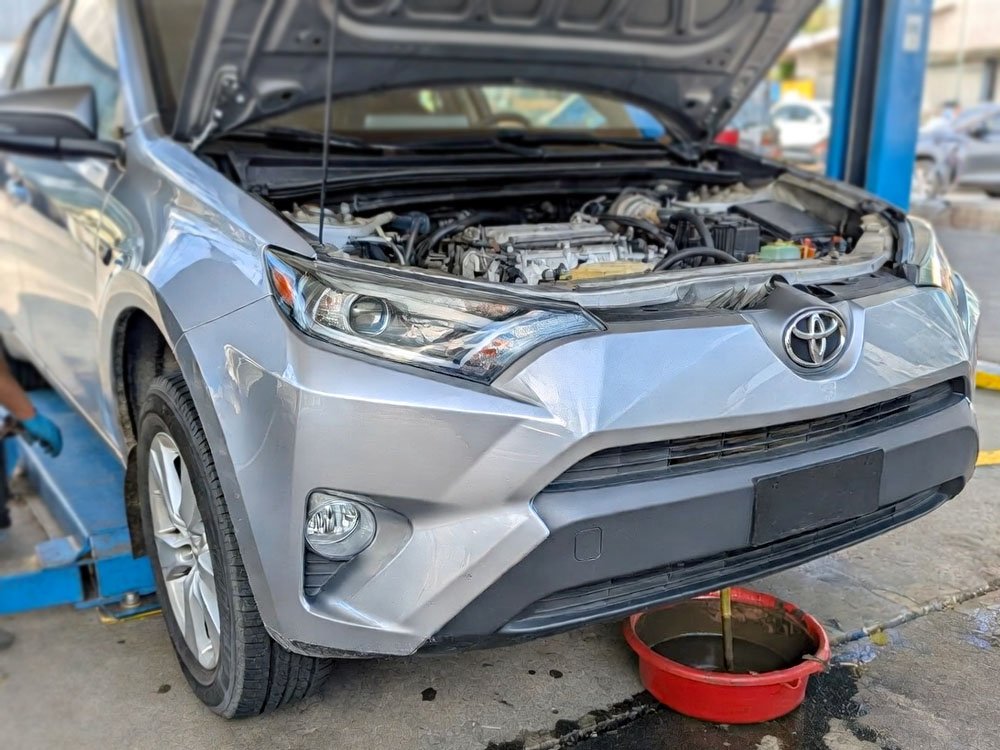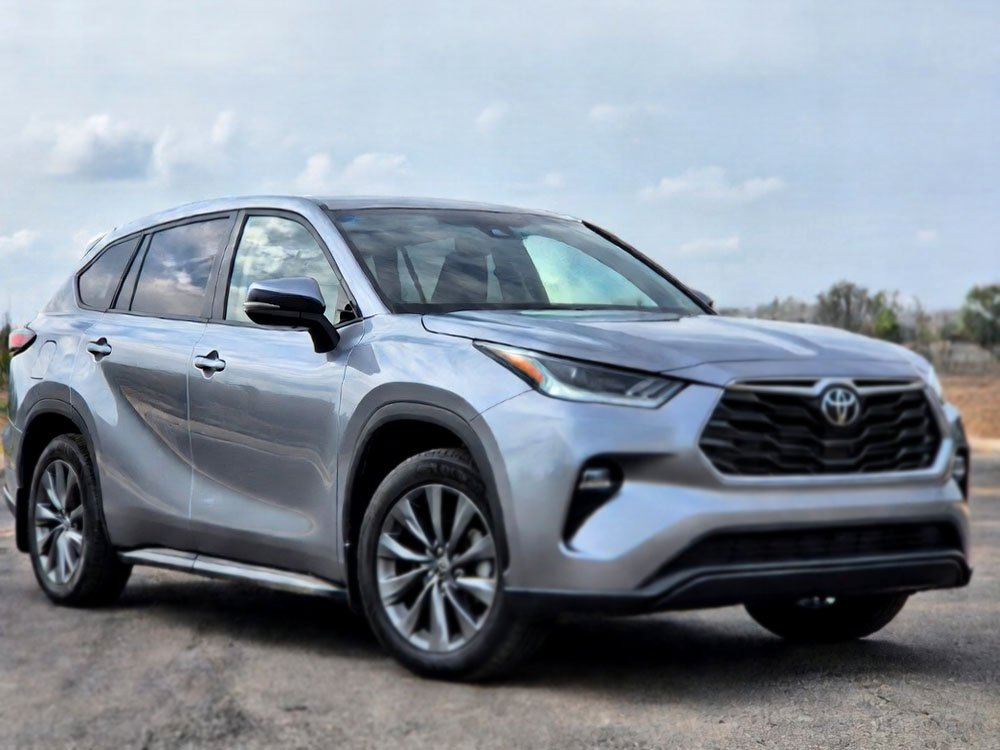As an Amazon Associate, I earn from qualifying purchases at no extra cost to you.
Car Jerks When Shifting From Park to Drive: The Ultimate Guide to Fix
It's frustrating when your car jerks unexpectedly as you shift from Park to Drive, right? Whether you're new to driving or a seasoned pro, this sudden jolt can feel unnerving. But don't worry, it's a common issue that can have multiple causes—some simple, some complex. Let's dive into why this happens and how you can fix it!

Common Causes of Car Jerking When Shifting from Park to Drive
When your car jerks as you shift from Park to Drive, it can feel like the engine's suddenly going into overdrive—or worse, like your transmission's about to fall out! But don't panic just yet. While it's true that this issue can stem from a variety of sources, most of them are not catastrophic. Understanding why this happens is the first step in fixing it.
Transmission Issues
One of the most common culprits for jerking is a malfunctioning transmission. Your transmission is what helps your car shift gears smoothly, so any issues here can result in jerks, especially when going from Park to Drive. There are several transmission-related problems that could lead to this behavior, including:
- Low transmission fluid: Transmission fluid lubricates the gears and prevents them from grinding. If it's low, your car may not shift smoothly, causing jerks when you engage Drive.
- Worn-out clutch (manual transmission): In cars with manual transmissions, a worn-out clutch can cause jerking when you shift. It may not fully disengage, making it hard for the car to move smoothly.
- Slipping transmission: A slipping transmission occurs when your car's gears fail to stay engaged. This can cause a sudden lurch as you shift, especially from Park to Drive.
- Damaged torque converter: The torque converter is responsible for transferring power from the engine to the transmission. If it's damaged, the power transfer may not happen smoothly, resulting in jerking.
If you suspect a transmission problem, it's important to get it checked out by a mechanic as soon as possible. Transmission repairs can be expensive, but addressing the problem early can save you from more costly repairs later.
Engine Misfire or Ignition System Problems
Another potential reason for jerking when shifting is an issue with the engine itself. More specifically, a misfire or problems with the ignition system could cause irregular power delivery to the transmission. When this happens, the car may jerk or hesitate as you shift gears. Here are a few possible causes of engine misfires:
- Bad spark plugs: If your spark plugs are worn out or dirty, they won't ignite the fuel properly, leading to engine misfires and rough driving conditions.
- Faulty ignition coil: The ignition coil converts electricity to a high voltage to ignite the fuel. A malfunctioning coil can cause misfires and jerking.
- Fuel delivery problems: If the fuel injectors aren't working properly, it may cause uneven fuel delivery to the engine, leading to jerking.
If you're experiencing jerking in addition to poor acceleration, rough idling, or a check engine light, you might want to inspect the ignition system and engine components. A mechanic can diagnose the problem with the right tools.
Low or Dirty Fluid Levels
Cars rely on various fluids to function properly, and low or dirty fluid levels can directly impact the car's performance. If your car jerks when shifting from Park to Drive, it could be due to one of the following fluids:
- Power steering fluid: Low or dirty power steering fluid can cause the steering to feel stiff, making it harder to control your car when shifting.
- Engine oil: Dirty or low engine oil can affect engine performance, leading to jerking or rough shifting.
- Transmission fluid: As mentioned earlier, low or dirty transmission fluid is one of the most common reasons behind jerking. Fluid should be checked regularly, and it should be changed as part of your car's routine maintenance schedule.
A simple fluid change or top-up might solve the issue, especially if the problem is caught early.
Worn-out Motor Mounts
Motor mounts are rubber or metal components that hold the engine in place. They help absorb the vibrations from the engine, ensuring smooth driving. Over time, motor mounts can wear out, especially in older cars. When this happens, the engine may shift unexpectedly during gear changes, causing the car to jerk.
If your car shakes or jerks in addition to other signs like excessive vibrations while idling or at low speeds, worn-out motor mounts could be the culprit. This is usually a repair job that requires a professional mechanic.
Torque Converter Lockup
The torque converter is a vital part of your car's transmission, and when it's working properly, it should ensure smooth transitions when shifting gears. However, in some cases, the torque converter can become stuck in a locked position, causing your car to jerk when shifting from Park to Drive.
This issue typically occurs in automatic transmission cars. If you notice that the car lurches or hesitates as you shift, it's worth getting the torque converter checked out.
Drive Belt Problems
The drive belt (also called the serpentine belt) is responsible for transferring power to the alternator, air conditioning, and other engine components. A damaged or loose belt can cause jerking when the car is in gear, as it prevents the engine and transmission from communicating efficiently.
If the jerking is particularly noticeable when you accelerate or shift gears, it could be a sign of a faulty drive belt. This is typically an issue you can spot during routine maintenance.
Faulty Sensors or Electrical Issues
Modern vehicles are full of sensors and computers that regulate everything from engine performance to shifting patterns. If any of these sensors malfunction, they can send incorrect signals to the transmission, causing the car to jerk when shifting. Electrical issues can also contribute to this problem, especially if the wiring is corroded or damaged.
You'll likely need an expert to diagnose electrical or sensor issues, but it's important to have them checked out sooner rather than later to avoid further damage.
How to Diagnose and Fix the Problem
If you're experiencing jerking when shifting from Park to Drive, you don't have to run to the mechanic right away. With some basic knowledge and tools, you can troubleshoot the problem yourself. Here's a step-by-step guide to help you diagnose and fix the issue.
1. Check Transmission Fluid Levels
The first thing you'll want to do is check your transmission fluid levels. If the fluid is low or dirty, topping it up or replacing it might fix the problem. Here's how to check:
- Park your car on a flat surface and start the engine.
- With the car in “Park,” locate the transmission dipstick (refer to your car's owner manual for its location).
- Pull out the dipstick, wipe it clean, and insert it back into the tube.
- Pull the dipstick out again and check the fluid level.
- If the fluid is low, top it up with the correct transmission fluid (check your manual for specifications).
- If the fluid is dirty or smells burnt, you might need to replace it entirely.
If the problem persists after topping up the fluid, it's likely that the issue lies elsewhere.
2. Inspect for Engine Misfires
Engine misfires can cause jerking, so it's essential to check your engine components. Start by checking the spark plugs for wear and tear. You can replace spark plugs yourself, but if you're not comfortable, take the car to a mechanic. Look for the following signs:
- Engine sputtering or rough idling
- Poor acceleration
- Check engine light (or flashing light)
If you're unable to identify the issue, a mechanic can perform a diagnostic test to identify any misfires or faulty components.
3. Look for Worn Motor Mounts
To check for motor mount wear, open the hood and have a friend shift the car from Park to Drive while you observe the engine. If the engine shifts excessively or you hear clunking noises, the motor mounts could be the problem. If this is the case, you may need to replace the motor mounts, which can be done by a professional mechanic.
4. Address Torque Converter or Transmission Issues
If your car is still jerking despite addressing fluid and engine problems, it could be a deeper transmission issue. Torque converter lock-up or internal transmission failure are both possible causes. These issues typically require professional diagnostic tools and repairs. It's best to take your car to a trusted mechanic for further inspection.
5. Consider Electrical Issues or Faulty Sensors
Finally, if your car has electrical issues or faulty sensors, it will likely require a thorough inspection by a professional. Mechanics can use diagnostic tools to identify the root cause of the problem and replace or repair faulty components.
Preventing Future Car Jerking Issues
While dealing with jerking can be frustrating, the good news is that most of the issues are preventable with proper maintenance. Here are some tips to help prevent jerking when shifting from Park to Drive:
- Regularly check and change your transmission fluid: One of the most common reasons for jerking is low or dirty transmission fluid. Make sure to change it on time as per your vehicle's manufacturer recommendations.
- Keep the engine in good condition: Regular maintenance of the ignition system, spark plugs, and fuel injectors can help prevent misfires that lead to jerking.
- Inspect motor mounts: If you notice any shaking or vibrations in your vehicle, it might be time to replace your motor mounts before they cause jerking.
- Address issues promptly: Don't ignore small problems, such as a slipping transmission or strange noises, as they can develop into bigger, more expensive issues.
- Follow your car's maintenance schedule: Keeping up with routine maintenance, such as oil changes, filter replacements, and fluid checks, will help ensure that your car runs smoothly.
Taking these simple steps can help you avoid the frustrating experience of jerking when shifting gears.
I hope this article helped you understand why your car jerks when shifting from Park to Drive and how you can address it. While the causes can range from minor to major, the key takeaway is that you don't have to panic. With the right knowledge, you can diagnose and prevent this issue to keep your car running smoothly.
Frequently Asked Questions
Is it normal for my car to jerk when shifting from Park to Drive?
It's not typical, but it's a common issue caused by various factors such as low transmission fluid, worn-out motor mounts, or engine misfires. It's worth getting checked by a mechanic.
Can low transmission fluid cause jerking when shifting?
Yes, low transmission fluid is one of the most common reasons for jerking when shifting gears. Fluid lubricates the transmission, and a lack of it can cause rough shifting.
Do I need to replace my transmission if my car jerks when shifting?
Not necessarily. While jerking can indicate a transmission problem, it could also be caused by low fluid, worn-out motor mounts, or ignition system issues. A mechanic can help pinpoint the cause.
Is it safe to drive a car that jerks when shifting from Park to Drive?
It's not ideal, but it depends on the cause. If the issue is due to low transmission fluid or minor engine problems, you may still be able to drive it. However, you should have it checked soon to avoid further damage.
Can bad spark plugs cause my car to jerk?
Yes, bad spark plugs can cause engine misfires, which may lead to jerking when shifting gears. Replacing spark plugs is a relatively simple fix.
Do motor mounts affect shifting?
Yes, worn-out motor mounts can cause jerking when shifting, as they allow the engine to move too much. Replacing them can help smooth out shifting.
Is it possible to fix car jerking myself?
In some cases, you can fix car jerking by checking the fluid levels, replacing spark plugs, or inspecting motor mounts. However, if it's a deeper transmission or sensor issue, you'll need a professional mechanic.
Can a torque converter cause jerking?
Yes, if the torque converter is malfunctioning, it can cause jerking during shifting. This is a more complex issue that may require professional repair or replacement.











